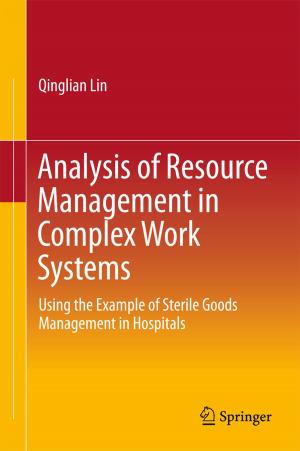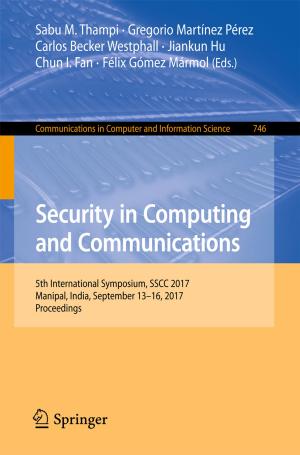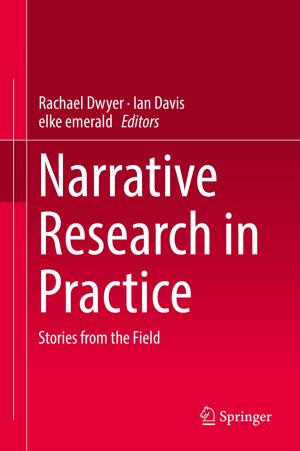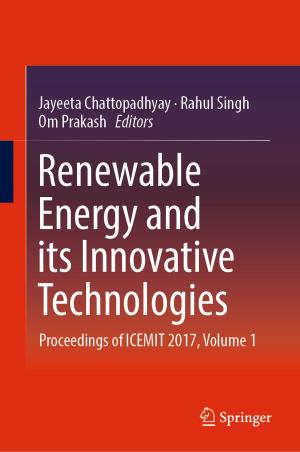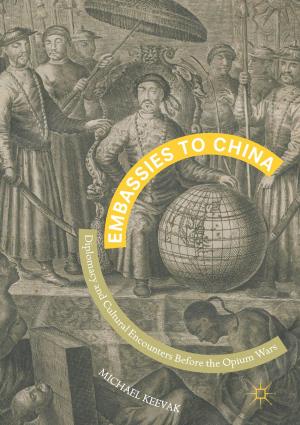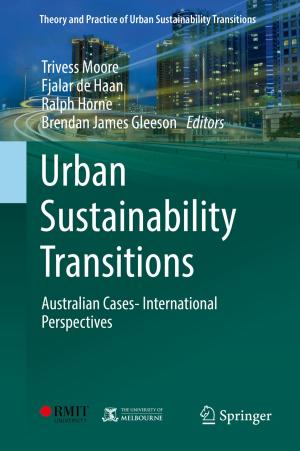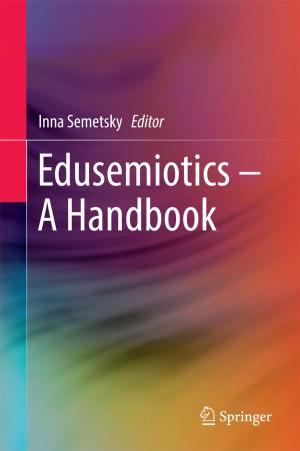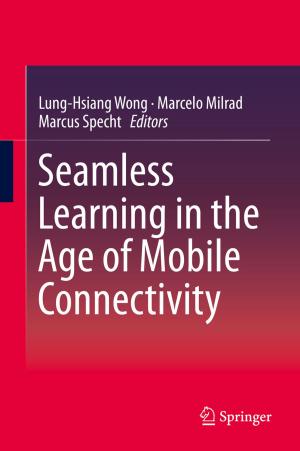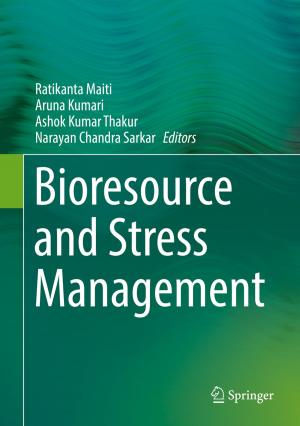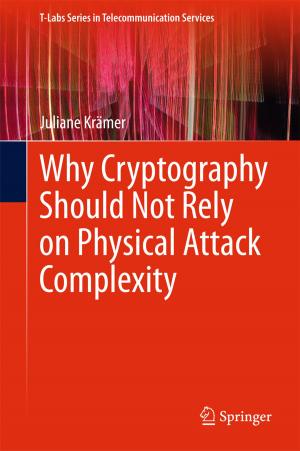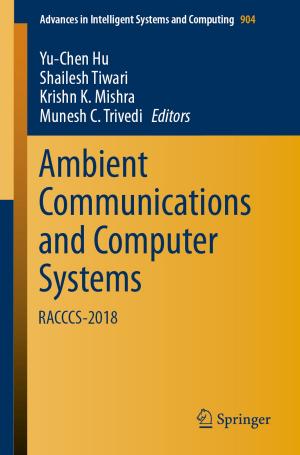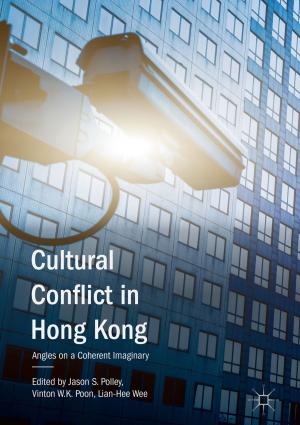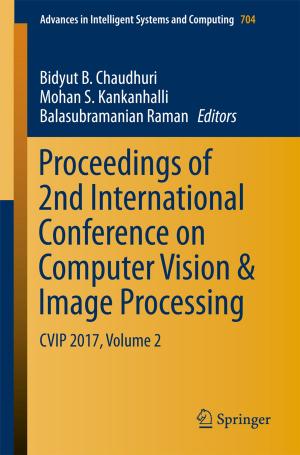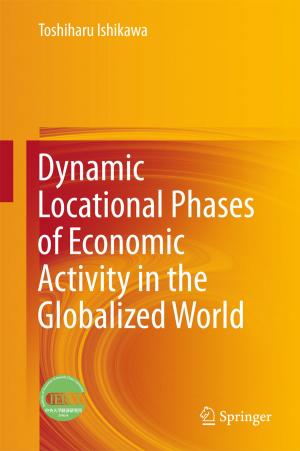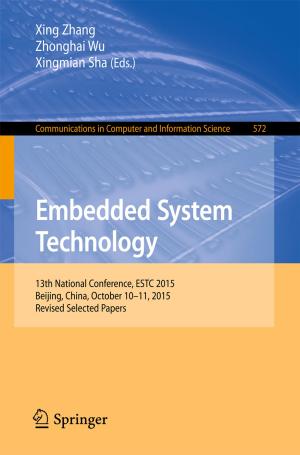Writing with Deleuze in the Academy
Creating Monsters
Nonfiction, Reference & Language, Education & Teaching, Educational Theory, Philosophy & Social Aspects, Higher Education| Author: | ISBN: | 9789811320651 | |
| Publisher: | Springer Singapore | Publication: | September 25, 2018 |
| Imprint: | Springer | Language: | English |
| Author: | |
| ISBN: | 9789811320651 |
| Publisher: | Springer Singapore |
| Publication: | September 25, 2018 |
| Imprint: | Springer |
| Language: | English |
In this book, authors working with Deleuzean theories in educational research in Australia and the United Kingdom grapple with how the academic-writing machine might become less contained and bounded, and instead be used to free impulses to generate different creations and connections. The authors experiment with forms of writing that challenge the boundaries of academic language, moving beyond the strictures of the scientific method that governs and controls what works and what counts to make language vibrate with a new intensity.
The authors construct monstrous creations, full of vitality and fervor, hybrid texts, part academic part creative assemblages, almost-but-perhaps-not-quite recognisable as research. Stories that blur the lines between true and untrue, re-presentation and invention.
The contributors to this book hope that something might happen in its reading; that some new connections might be made, but also acknowledge the contingency of the encounter between text and reader, and the impossibility of presuming to know what may be.
In this book, authors working with Deleuzean theories in educational research in Australia and the United Kingdom grapple with how the academic-writing machine might become less contained and bounded, and instead be used to free impulses to generate different creations and connections. The authors experiment with forms of writing that challenge the boundaries of academic language, moving beyond the strictures of the scientific method that governs and controls what works and what counts to make language vibrate with a new intensity.
The authors construct monstrous creations, full of vitality and fervor, hybrid texts, part academic part creative assemblages, almost-but-perhaps-not-quite recognisable as research. Stories that blur the lines between true and untrue, re-presentation and invention.
The contributors to this book hope that something might happen in its reading; that some new connections might be made, but also acknowledge the contingency of the encounter between text and reader, and the impossibility of presuming to know what may be.

